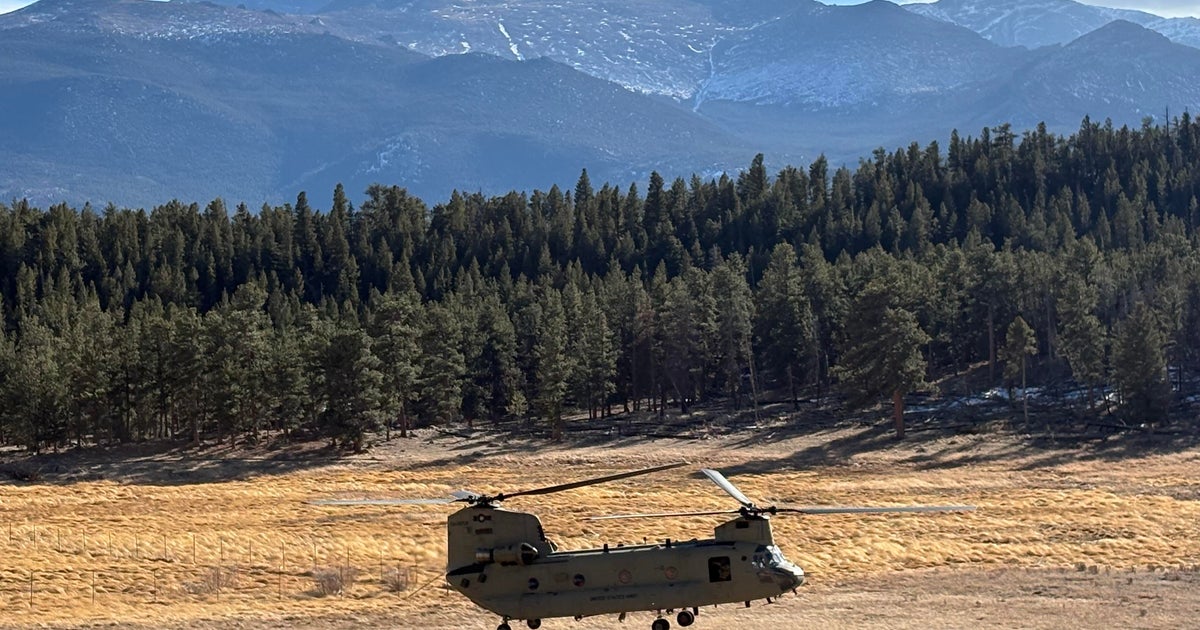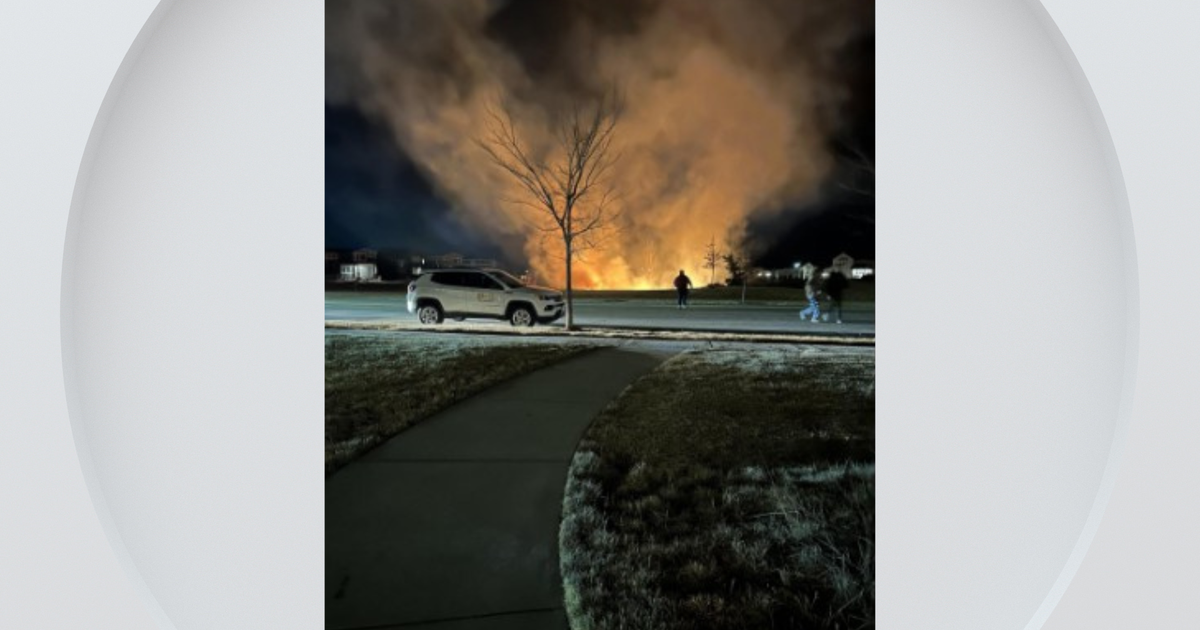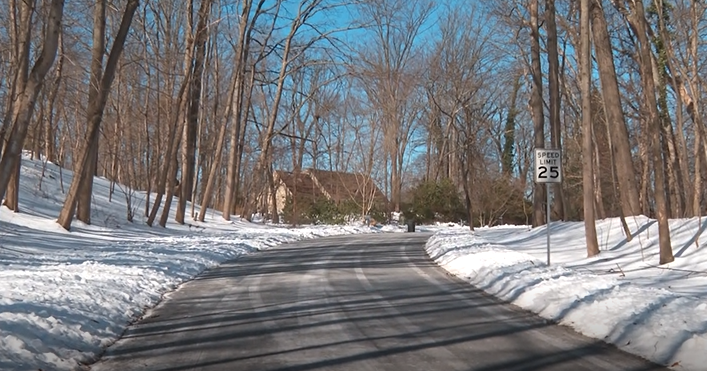2 Climbers From Boulder Missing On Peru High Peak
LIMA, Peru (AP) - A search team has reached the base camp and spotted the apparent tracks of two U.S. mountaineers who have not been heard from since July 11 when they set off to climb a 20,000-foot glacier-capped peak (6,100-meter) in the Cordillera Blanca range of northern Peru.
Gil Weiss, 29, and Ben Horne, 32, both experienced climbers, were attempting the west summit of Palcaraju from the south, said Ted Alexander, a guide based in the nearby town of Huaraz coordinating an initial search team sent out Tuesday.
The three-person team found the climbers' bright yellow tent at 16,700 feet (5,100 meters) on Thursday and tracks coming off the summit as well as evidence of an avalanche, said Alexander.
He said it would attempt an ascent on Saturday, though he was not optimistic about Horne and Weiss' chances for survival given the length time they have been missing.
An eight-man team from Peru's high-mountain rescue police unit was also involved in the search, said its commander, Maj. Marco Carrera.
Alexander and the men's families were hoping to get an air search under way as well.
"The Peruvian government is cooperating in that they are trying to get some air support scrambled," said Ben Horne's father, Gary Horne of Annandale, Virginia. He said the missing men's families were working with Peruvian authorities through the U.S. Embassy, which confirmed its assistance in a statement.
"We really need the Peruvian government involved in this. We can't do it ourselves," said Gary Horne.
Carrera said police were attempting to secure a Russian-made MI-17 helicopter to join the search.
The two mountaineers had planned an excursion of between 7-10 days and their families contacted Alexander after 13 days passed with no word from the two, he said.
Weiss's sister, Galit, told The Associated Press by phone from New Jersey that the two men were not carrying a satellite phone.
They had previously done a six-day trip that included summiting the north face of 6,162-meter Ranrapalca, according to an entry by Horne in a blog by a collective of mountaineering friends to which both climbers contributed.
Horne, an economics graduate student at the University of California at San Diego, wrote that it was his first time in the Cordillera Blanca, while Weiss was a repeat visitor.
"He spent a lot of time here, did a lot of hard routes" said Alexander.
Carrera said Palcaraju is "one of the most dangerous (peaks) to climb and it's not typical for people to climb it because the weather is difficult year-round, a combination of strong winds, avalanches and enormous crevasses."
Even though it is in the tropics, nights are frigid in the Cordillera Blanca, a range popular with climbers but also among the world's most dangerous due to the instability of snow and ice caused by wide temperatures fluctuations.
Alexander said Horne and Weiss, who is from New York City and was living in Boulder, Colorado, were aware of the risks.
"These guys are top-shelf climbers," he added. "This is not the first time they were on something of this caliber."
Gary Horne said his son and Gil Weiss were experienced in the type of harsh conditions found in the Peruvian Andes.
"They've done first winter ascents on certain mountains," he said.
The Cordillera Blanca climbing season runs from June to September and so far this year six mountaineers have lost their lives in the range and at least 40 have been evacuated due to medical problems, mostly altitude sickness and hypothermia, said Carrera.
Many of the roughly 8,000 foreigners who Carrera said climb the Cordillera Blanca annually do so without hiring local guides, whose absence can make ascents more perilous as snow and ice conditions can quickly change.
On the pullharder.org blog to which various mountaineering friends contribute, Weiss posted a rumination on July 10 on the death of his friend and fellow climber Michael Ybarra while climbing solo in the high Sierra Nevada range.
"I sit here in a coffee shop in Huaraz, Peru, planning another foray into the Cordillera Blanca, where the sense that one's life is in the hands of the mountains can be as blinding as the endless white glaciers, and a thirst for glory can darken our better judgment more than the blackness of night."
- By FRANK BAJAK, Associated Press
Associated Press writer Franklin Briceno contributed to this report.
(© Copyright 2012 The Associated Press. All Rights Reserved. This material may not be published, broadcast, rewritten or redistributed.)







